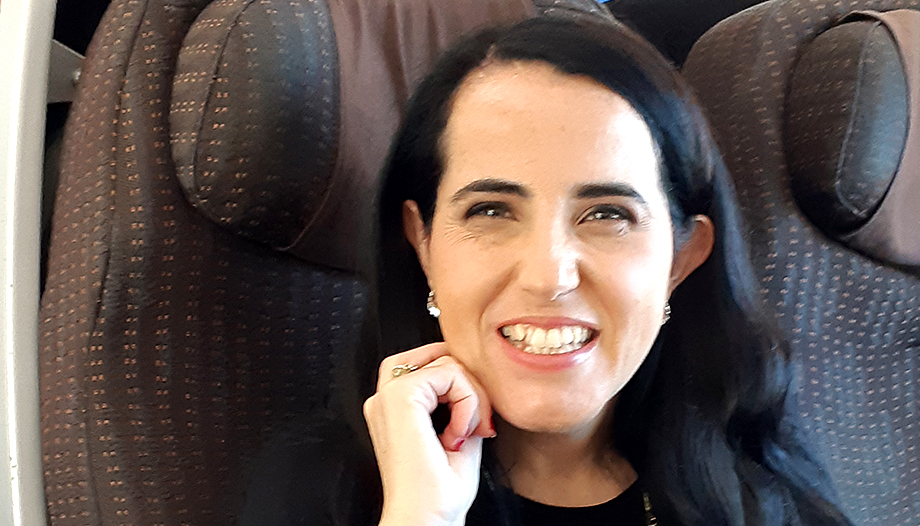If the Covid-19 pandemic has revealed anything, it is the inseparable link between the human crisis and the environmental crisis. And there is one area that for the Church represents a central node in this regard, and that is the Amazon, to which Pope Francis dedicated a Synod and an Exhortation just before the outbreak of the global health emergency.
-What has the synodal experience meant for the Amazonian territories?
Preceded by a long process of listening to and gathering the voices of the territory, the Synod on the Amazon (October 2019) has had an impact of immeasurable depth for that region. Pope Francis catapulted to Rome, the symbolic place of Christianity, peoples considered for too long in history as "the most important people in the world".savages to be civilizedThe Pope called them "survivors of a bygone era to be endured with ill-concealed annoyance or, at best, pariahs to be helped. The Pontiff, on the other hand, called them "teachers"of integral ecology. And he proposed an alliance with them as "equals"in a logic of fraternal exchange. Its message, therefore, goes far beyond the confines of the Amazon.
-What are things like today in these lands, which are also affected by the pandemic?
As a global emergency, Covid-19 is also a metaphor for contemporary contradictions. If it is true that "we are all in the same boat," some are in the hold, others on deck, others in equipped cabins. The fragile health systems of the Amazon have not been able to withstand the impact of the virus. Intensive care is concentrated only in the cities.
However, excess demand has caused the system to plummet and has fostered the birth of a black market. The greatest burden has fallen on indigenous peoples, the perennial outcasts and those most exposed to contagion due to their historical isolation. The pandemic on their lands, moreover, has been spread by the intrusion of hunters - legal and illegal - of Amazonian resources: timber traffickers, illegal miners, employees of large mining companies.
-In the documents of the Magisterium, the link between environmental crisis and human crisis is frequently repeated.
On the one hand, the health emergency has captured the attention of international public opinion. And of the even more distracted media. But on the other hand, the pandemic has shown us that the ecological crisis is not an abstract issue for rich philanthropists, naive and radicals. chic. It is a real threat to everyone's life. Covid-19 comes from a zoonosis: the destruction of ecosystems brings previously isolated species into contact with humans, multiplying the risk of spreading the virus. This is why the UN has warned that we must prepare for an era of pandemic. Unless we make an integral ecology, respectful of all Creation.
-Is the Amazon also emblematic of this?
I share a personal experience. I read Laudato si' immediately after its publication. I immediately found it beautiful and poetic, but somewhat abstract: I found it difficult to understand the inseparable link between the cry of the earth and the cry of the poor. I understood Laudato si' three years later: it was the Amazon that revealed it to me. When I went there in 2018, I expected to see the forest, green and majestic. Instead, I found a desolate wasteland. Illegal gold mines had devoured the forests, just as they devoured the lives of the humans who depended on them. The workers are forced to work in inhumane conditions without any protection from the mafias that control the extraction. The girls, brought under false pretenses from the Andean areas, were sold to the miners by the same mafias. The ecological crisis was the other face of the ongoing social crisis.
-What hope do you have for the future of the Amazon and how can the Church contribute to it?
Amazonia shows the world the power of Resurrection. In the determination of lives so wounded that they are reduced to a formless pottage to go on living. In the obstinacy of the poor to rise again after each fall into indecipherable abysses, showing a strength that is not and cannot be human. The Amazon, with its overflowing vitality, stronger than any blow, is a theological place that helps us, at this time, to "see"the Resurrection.








